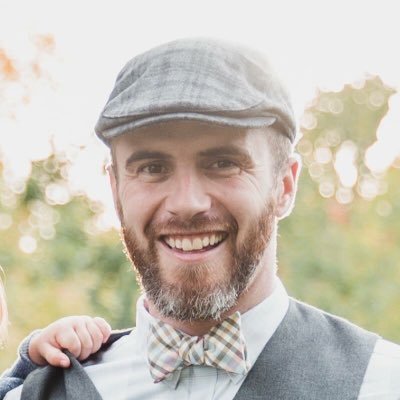In 2008 during a highly contested race for the nomination from the Democratic Party United States Senators Barack Obama and Hillary Clinton were using every trick in the book they could think of to make just the slightest hole or tear in their opponent’s political sails. In March of that year, Hillary ran an ad known now as the “red phone,” where she questioned Obama’s lack of experience. The commercial is set at 3am, and over a montage of sleeping children, a red phone rings incessantly, as the narrator states that something is “happening in the world” — although it never says what this is — and that Mrs. Clinton is better able to handle such danger because of her experience with foreign leaders. While making late gains through the ad, her efforts came up short and Mr Obama was able to secure the nomination despite her ad’s tactical success. Nonetheless the message rang clear, “Who is suitable to answer the call?”
Following the life of Jesus in the Biblical New Testament, the narrative Gospels give multiple examples of Jesus calling people unto himself. Carrying more gravity however than a phone ringing in the White House, this calling has the importance of eternal significance. Also different, this call is not meant to solely rest upon the individual. “Responding to the call requires courage, but we are not purely on our own. The challenge is not solely up to us. A bootstraps rise is unnecessary as well as unrealistic. Responding to the call means rising to the challenge, but in conversation and in partnership - and in an intimate relationship between the called and the Caller,” says Os Guinness. His book The Call is a delicate balance of the role of our Heavenly Caller, as well as our role as His chosen. “When it comes to identity, modern people have things completely back to front: professing to be unsure of God, they pretend to be sure of themselves. Followers of Christ put things the other way around: unsure of ourselves, we are sure of God.”
It has been my experience that most people think of their calling in life in simple terms, simple steps and simple scenarios, such as a phone ringing off of the hook and all individual has to do is go and pick it up. As I grow older however, I have found very few pastors, theologians, or spiritual elders who write about, or talk about their own calling in this matter. Instead comma it appears that the ordinary is discussed more than the extraordinary. The actions of a person behind closed doors when no one is looking, is more relevant to a Godly person's calling in life, than what they do while standing in front of a crowd. Os Guinness illustrates this point well when he shares the story of two young Dutch priests eagerly responding to Martin Luther’s teachings during the early days of the Reformation.
“The church building was essential to worship and certain other aspects of the church's corporate life. Yet, the two priests locked the church doors on Sunday night as a statement that followers of Christ were to live their whole lives to God. The bricklayer with the trowel, the farmer behind the plow, the artist before the easel, the cook beside the oven, the magistrate presiding at the bench, the parent at the crib - each one was to live out his or her calling without regard to titles, hierarchies, and distinctions.” What a beautiful picture! I wonder if I were a pastor in the region at the time, if I would have had the boldness to step out with these young leaders. I really don't know. Yet, if I seek to follow the call in a Biblical manner, I don't have to be sure of myself. In fact, quite the opposite. All I have to be sure of is the one in whom I am following. All I have to be sure of is Jesus.
In a chapter titled “Last Call,” Guinness concludes: “We are on a journey and we are truly travelers, with all the attendant costs, risks and dangers of the journey. Never in this life can we say that we have arrived. We know why we have lost our original home, but more importantly, we know the hope to which we are going.” This was a fitting way to bring the final chapter to a close. The book is filled with great illustrations about world leaders like Julius Caesar, Winston Churchill, and Martin Luther King. Each of these men seemed to know exactly what it was they were born on the planet to accomplish. Yet, there's no way the reader can hear the words of Os Guinness and miss this point: The only thing of true significance is a life lived for Jesus Christ.







0 comments:
Post a Comment